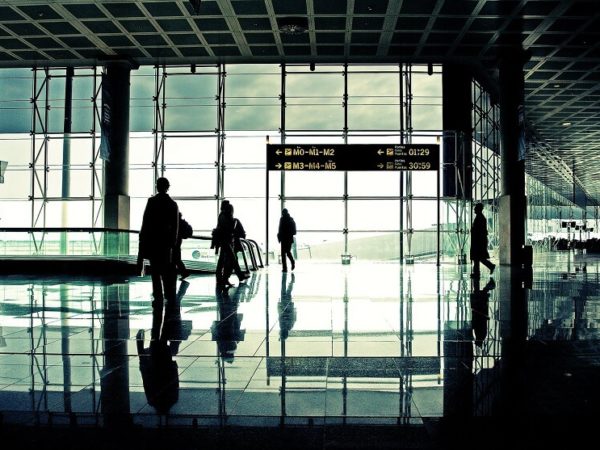In 2019, travelers were worried about the potential complexities of ETIAS and the additional complications it could bring. Now, as we prepare for the implementation of ETIAS, it seems like a veritable walk in the park when compared to all the red tape necessitated by the COVID pandemic.
COVID has changed the game for the travel industry, and it’s likely that we’ll feel the effects of those changes for years to come. If you’re traveling through Europe during this pandemic, there are a few additional steps you must take and things you should be aware of.
Get Vaccinated
International travel has become more complicated for everyone, but it’s decidedly more complicated for unvaccinated travelers.
In some cases, you will be refused access to certain nations. In others, you will be expected to quarantine and take additional tests. It can be expensive, stressful, and problematic, so if you want an easier (and safer) experience, you should wait until you are fully vaccinated.
As things stand, passengers are not considered “vaccinated” until they have had a complete course, which typically includes two jabs. In the future, that might change to include booster jabs.
Check the Rules of the Country You’re Visiting
The rules for visiting EU countries can differ from one nation to the next, and so you must learn the rules of your chosen destination.
Usually, you will be required to complete and provide the following documents:
Proof of Vaccination Status
You must prove that you have been vaccinated before you can pass through security and border checkpoints. Often, this means showing the officials an app or screenshot on your phone, but you can also print the document or show official vaccination cards. The exact process will differ depending on where you were vaccinated.
A Negative COVID test
A test will typically only be valid for between 48 and 72 hours (depending on the destination). If it’s a PCR test, which can take longer to process, you’ll need to do it at least 1 day before, just in case there is a delay. If it’s an antigen test, it can be processed on the day of your travel or the night before.
Passenger Locator Form
You must complete a passenger locator form before you can visit a country in the EU. This form differs from nation to nation and there are separate ones for each. Upon completion, you will be given a QR code to show the border officials at the airport.
Other Requirements
In addition to the above, you’ll also need to take your passport and boarding pass. If you’re traveling from late 2022 onward, you may need to apply for an ETIAS, as well.
Check the Rules of Your Own Country
Just because you’re a resident doesn’t mean you can return with only a passport. You still need to go through similar checks and in some cases, you may need to quarantine or present a negative test. In most instances, you must complete a passenger locator form on your return, although this will depend on which country you’re returning to.
Every country has its own rules on COVID travel and how these apply to you will depend on whether you’re a returning resident or a visiting tourist, whether you are vaccinated or not, and whether you’re visiting a high- or low-risk country.
You can check the latest rules by visiting your government’s website.
Check the Airline Rules
Most airlines require their passengers to wear facemasks on the plane and these must remain in place throughout unless the passenger is drinking or eating.
There are also specific rules on the types of masks that should be worn, and while there are many reports of these rules being ignored, they are listed in the Ts & Cs of all airlines so they should be followed just in case.
Prepare a Contingency Plan
Toward the end of 2021, bookings were up and people were traveling throughout the world, albeit with a few more steps and more red tape.
Then the Omicron variant landed and the world returned to 2020 levels of panic. As the variant came from South Africa, many countries imposed restrictions on the nation and essentially blocked South Africans from entering while also imposing quarantines on their own returning citizens.
The BBC reported on one case in which a British holidaymaker had become trapped in South Africa and was desperately trying to book a return flight. His flight was canceled and when he booked again, that flight was also canceled. He couldn’t even fly indirectly due to restrictions on travel from South Africa and he was eventually forced to pay £4,000 to cover emergency flights and quarantine costs.
All of that occurred without warning, and that’s one of the risks that we face during the COVID pandemic.
Your travel destination may be accessible now, but if an outbreak occurs or a new variant is discovered, that could change in a matter of hours. If that happens, you could find yourself scrambling to book return flights and may also need to spend up to 2 weeks in quarantine.
Create a plan B to prepare for such outcomes, being sure to:
- Contact family/friends who can look after any children and pets you’ve left at home
- Let your employer know when and where you’re traveling
- Make sure you have enough funds to cover emergency flights
- Look into travel insurance and check the terms relating to COVID
- Take medication and medical supplies that will last for 2+ weeks more than your vacation dates
Such incidences are rare, but governments are wasting very little time in imposing restrictions so it’s important to be prepared.




